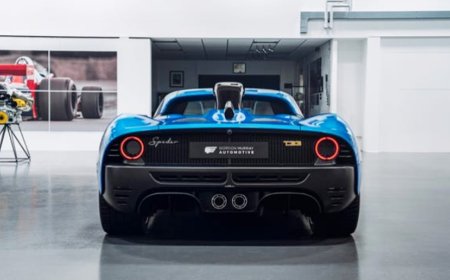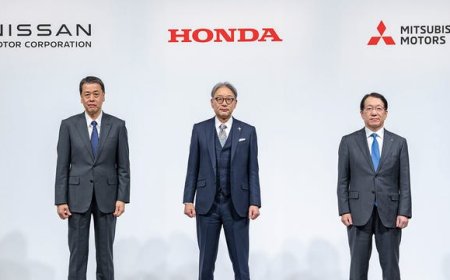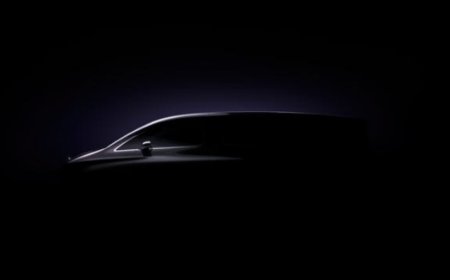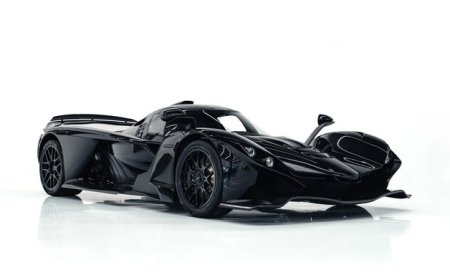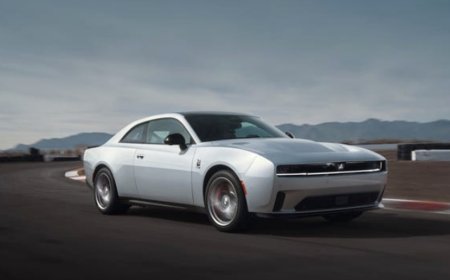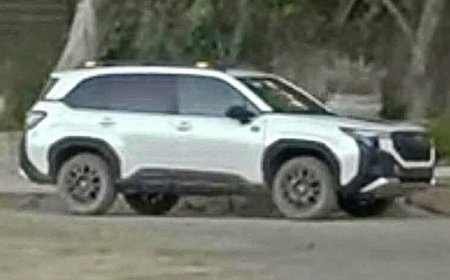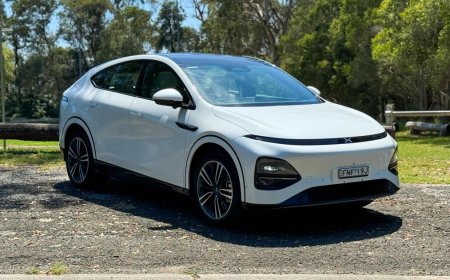Porsche walks back EVs - people still want gas cars
Porsche customers are reportedly not taking kindly to electrification, and the marque is more than willing to accommodate.
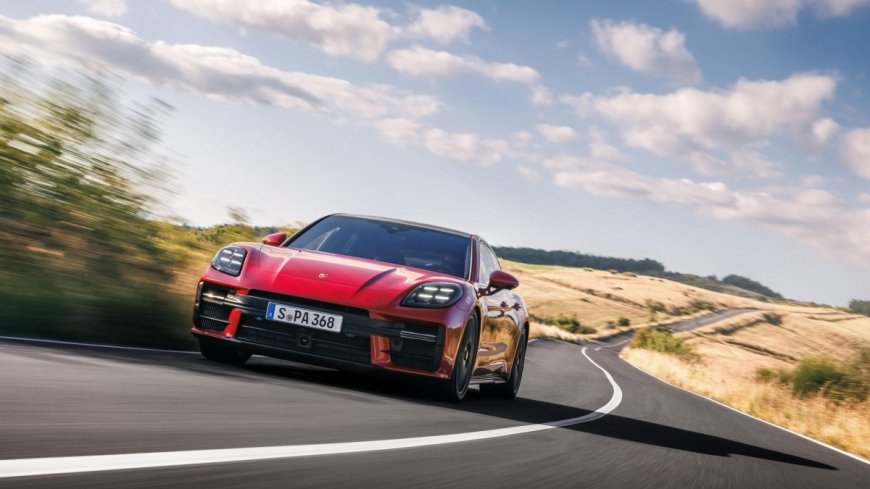
When it debuted a few years ago, Porsche’s Taycan broke records and shattered expectations of what an EV could be. Since then, though, times have changed, and public sentiment for EVs has cooled. Most recently, a perfect storm of variables has led to Porsche continuing to develop gas engines for many of its models and abandoning its full EV transition, at least for now.
Porsche invests in internal combustion amid tanking Taycan sales and standout ICE model sales
The first step is admitting there’s a problem, and Porsche did exactly that in July. The automaker walked back its previous goals of an 80 percent EV fleet by 2030 and the situation has only worsened since. Taycan sales have dropped off 50 percent year-over-year in the first nine months of 2024, with only around 14,000 units sold as of September.
Related: Could Lamborghini's electric future start with a Taycan-based super sedan? Porsche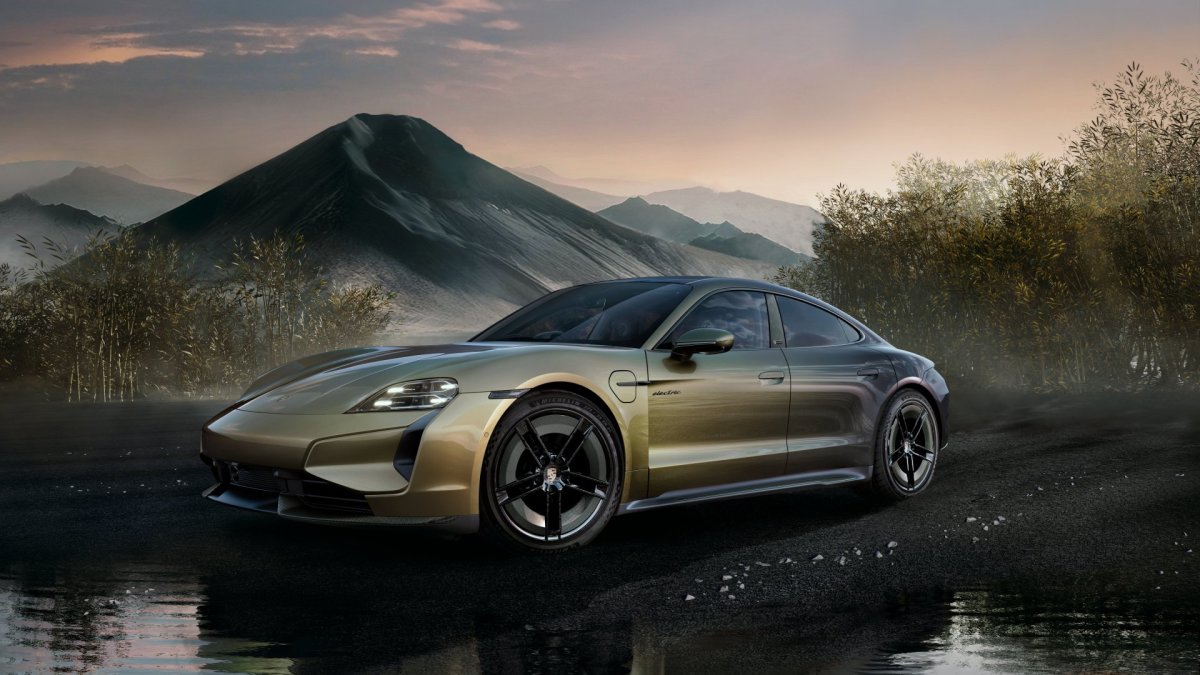
Faltering Taycan sales are only half the equation. The 718 Cayman and 718 Boxster are now in their final production years as gas-powered sports cars before transitioning to all-electric models after 2025. The mid-engine duo has sold 10 percent more units worldwide than last year, which is even more impressive considering the cars have already been discontinued in many European nations for cybersecurity reasons. Porsche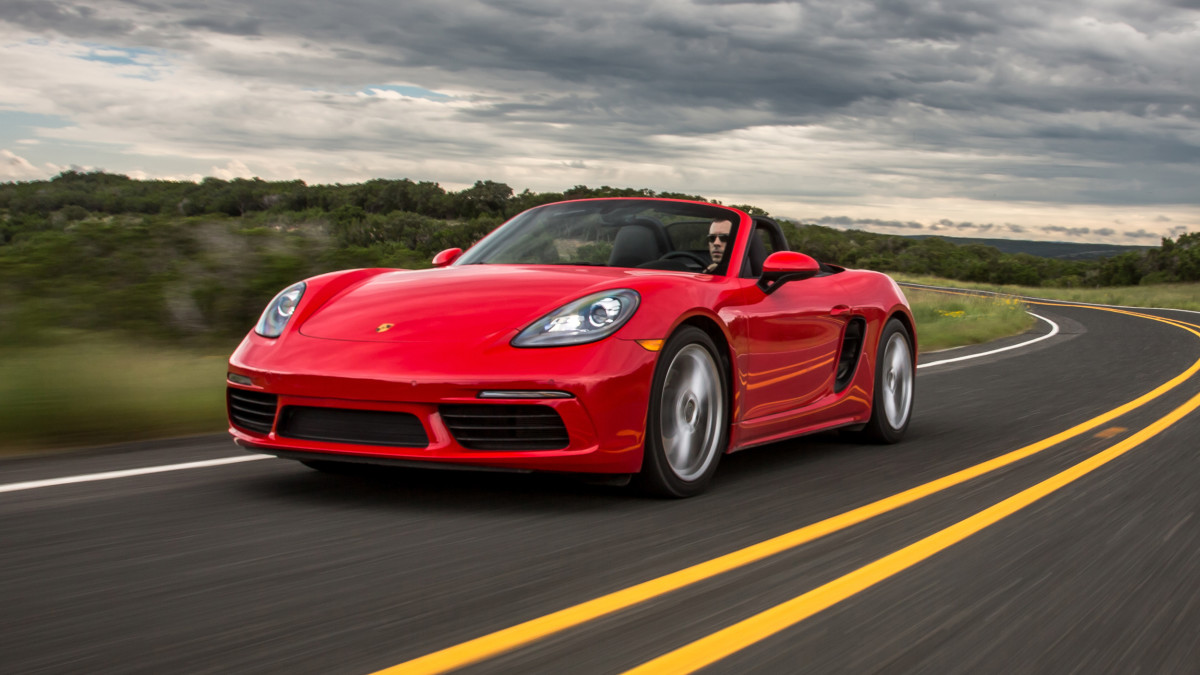
As a result, Porsche announced during a Q3 sales conference call that things aren’t really going as planned and that its R&D department has increased its flexibility when it comes to developing powertrains, including “new combustion-engine derivatives of electrified cars."
Related: Tesla leads the 2024 recall list, followed by these automakers
Porsche Cayenne confirmed to be gas-powered “into the 2030s,” along with the 911 and Panamera
In an August interview with Autocar, Michael Steiner, Porsche's R&D boss, made it clear that the company is very serious about the future of internal combustion.
“The new Cayenne is fully electric…but we’ll have the ICE version [produced] in parallel. It’s the same for Panamera,” he added. The 911 has been independently confirmed to have a few internal combustion models sticking around in multiple corners of the internet.
Part of Porsche’s reticence to double down on electric offerings is the potential of synthetic e-fuels, something Steiner thinks could be a big part of the future. After all, you can’t just ignore the billions of combustion-powered vehicles already on the world’s roads.
“We could, little by little, substitute fossil fuel with e-fuel by mixing a blend,” Steiner continued. porsche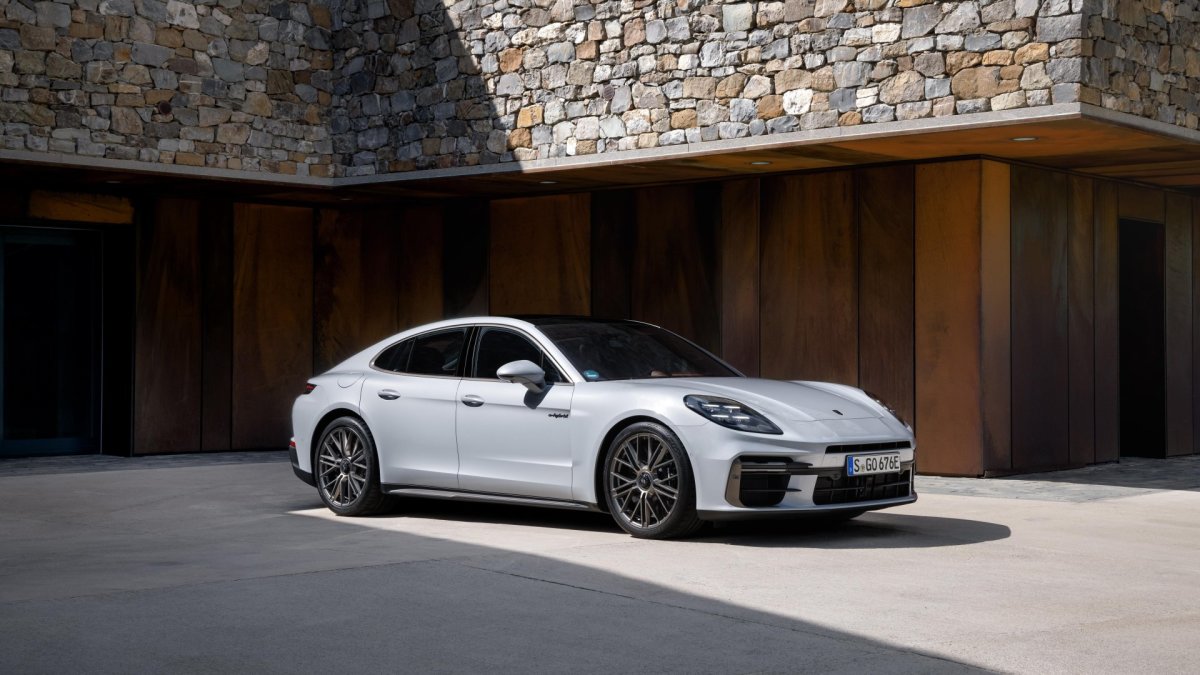
Steiner isn’t the only one at Porsche who’s convinced e-fuels will play a vital role in shaping the future, either. Karl Dums, the Senior Project Lead of eFuels, also spoke at length about the subject in 2023.
“We have recognized the demand for and, above all, the benefits of eFuels,” he said, “the key here is implementation on an industrial scale.”
Final thoughts
Porsche joins a plethora of automakers who have already walked back promises of a mostly electric sales portfolio. While the electrification of the world’s cars is admittedly important, little attention is being paid to the vehicles that are already on the road. It’s a can that’s too easy to kick down the road, and synthetic fuels are arguably the better way forward.
Related: Mazda is selling more cars than ever—all without an EV in sight
